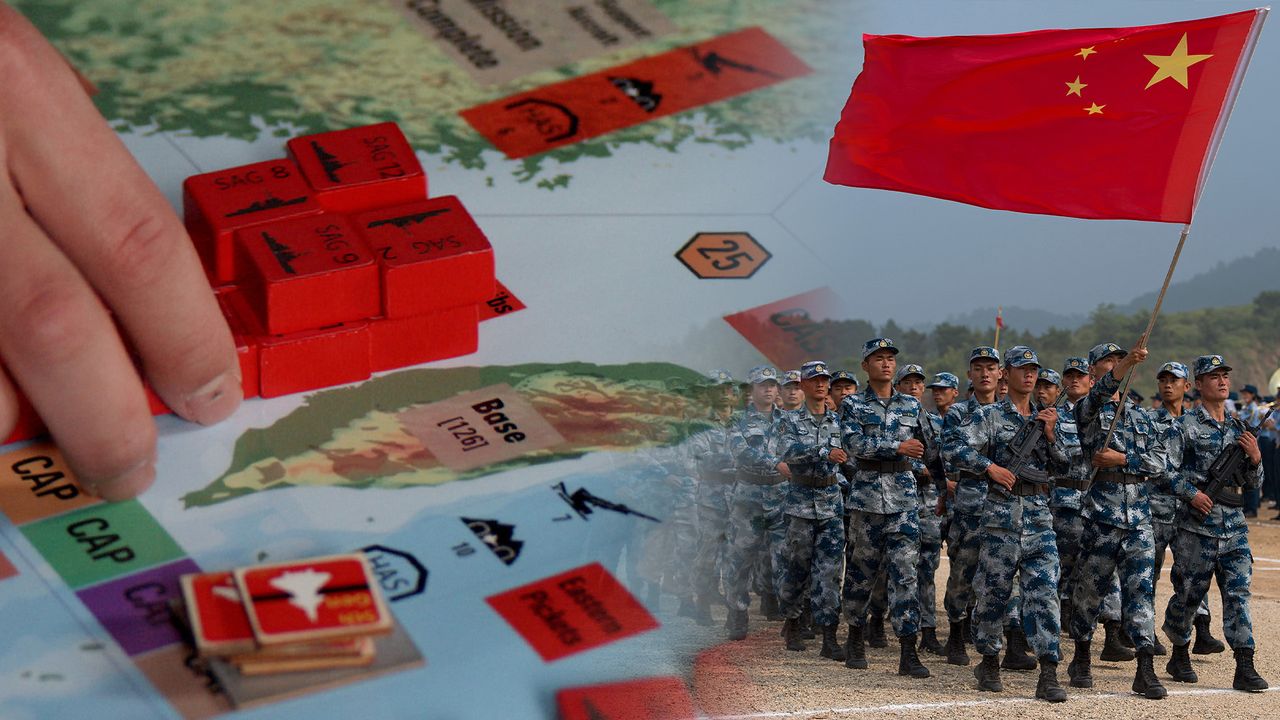TAIPEI (Taiwan News) — After Kuomintang (KMT) presidential candidate Hou Yu-ih (侯友宜) lost to Democratic Progressive Party candidate Lai Ching-te in the 2024 presidential election, the nearly 112-old party is facing a “crisis of relevance,” Bloomberg reported.
The party is struggling to find ways to attract voters who are distancing themselves from China; while trying to assure conservative elders within the party who ultimately lean toward unification.
According to Tsai Chia-hung (蔡佳泓), a researcher at National Chengchi University’s (NCCU) Election Study Center, the KMT has a pro-China problem. It differentiates itself from other parties by claiming to understand China better, Tsai said.
However, it lost the election due to China becoming more threatening and losing popularity worldwide.
Sarah Newland, an assistant professor of government at Smith College, said the KMT has not figured out how to promote a new ideological foundation that can both satisfy the conservative faction within the party and attract other Taiwanese voters.
A survey conducted by the Taiwan Public Opinion Foundation in August showed that only 11.8% of respondents in Taiwan supported reunification, while 48.9% wanted formal independence, and 26.9% favored maintaining the status quo. A long-term NCCU study also indicated a growing Taiwanese identity over almost 30 years of democracy.
Despite this trend, the KMT remains a significant force in Taiwanese politics, particularly at the local level. It is not only the largest party in the Legislative Yuan but also controls 14 out of Taiwan’s 22 counties and cities, compared to the DPP’s six.
Former KMT Legislator Hsu Yu-jen (許毓仁) said people do not vote on the reunification issue in local elections, so there is a greater willingness to vote for the KMT. Hsu said he believes the election loss can be an opportunity for the party to self-reflect.
The KMT does not have to sever ties with China, he said, but it needs to provide a more convincing narrative, showing that it is a trustworthy party on China-related issues.



